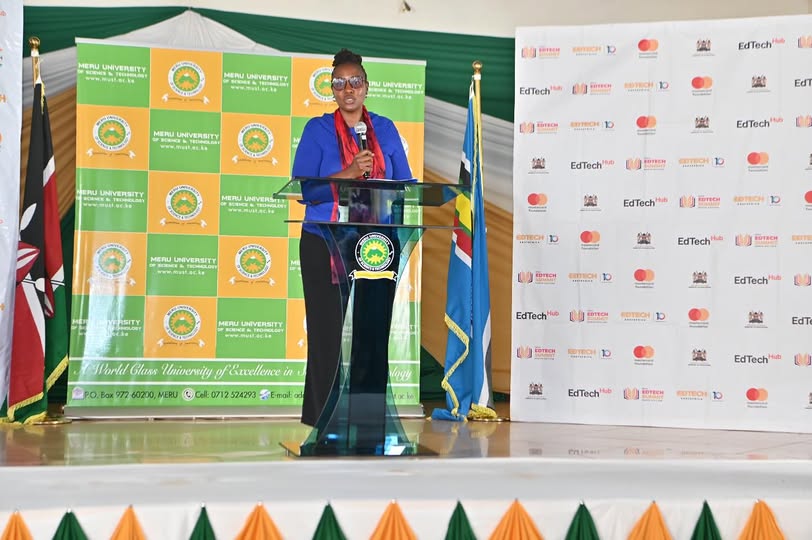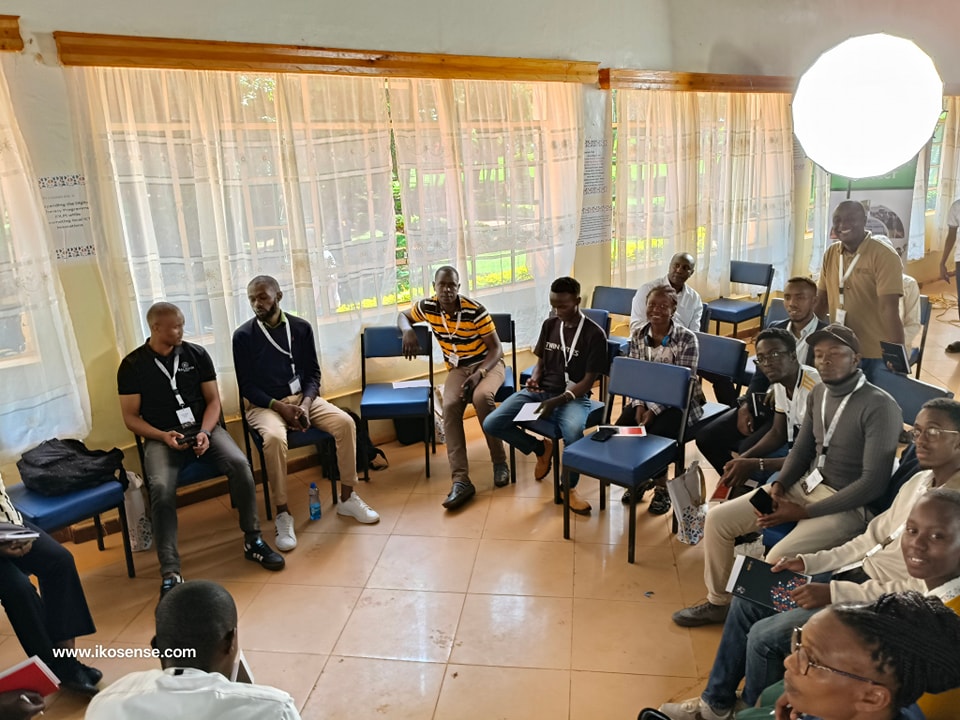
On Friday, 25th April, I had the privilege of attending a transformative Policy Workshop focused on the ICT in Education and Training Policy. This event provided a platform to actively engage in discussions centered on advancing ICT equity and access policy objectives, addressing critical areas to ensure inclusive and sustainable progress.
The workshop was both inspiring and enlightening, as I had the opportunity to connect with trailblazing innovators offering impactful EdTech solutions, including Kenya Connect, Ed Tech Ltd, Edtech East Africa, and Tukuze Africa. Their work demonstrated the immense potential of technology to revolutionize education.
During the workshop, we explored the current state of ICT in education, examining successes such as the integration of digital tools in classrooms, teacher capacity-building, and infrastructure development. Additionally, we identified pressing challenges that must be addressed to inform the next iteration of the policy. These included actionable steps to bridge gaps and foster equitable access to digital resources.
Stakeholders from diverse sectors shared compelling real-life experiences, underscored existing disparities, and proposed innovative solutions to position Kenya’s education system for a digital-first future. The collective vision emphasized the importance of equity, innovation, and data-driven strategies in shaping the policy framework.
A highlight of the event was the remarkable showcases by young tech enthusiasts, including students from grassroots and marginalized areas. Their innovative projects underscored the vital role of STEM education and the CBC curriculum in nurturing creativity and problem-solving skills, showcasing the transformative power of technology in education.
This workshop reinforced the need for a forward-looking policy that empowers learners, teachers, and institutions to thrive in a rapidly evolving digital landscape.
 “In a world full of technology and smart phones, we must design solutions that work for all and in our contexts. They should address our specific needs and bridge gaps in education.” - Prof. Hilda Omae, DVC Meru University
“In a world full of technology and smart phones, we must design solutions that work for all and in our contexts. They should address our specific needs and bridge gaps in education.” - Prof. Hilda Omae, DVC Meru University

“There is no way you can have a computer without mathematics. We cannot live without math; even our heart rates and body temperatures are calculated using mathematics. The setup for sports, such as football, relies on math. Math is life.” – Dr. Dorothy Bundi, Lecturer, Meru University, Computer Science Department, speaking on the common debate about whether math should be compulsory.

Some participants of the Central EdTech Summit who actively engaged in discussions on ICT equity and access policy objectives.


The World Robotics Olympiad Champion Team from the Mbaikini Girls School presented at the Central EdTech Summit in Meru. Their presentation on their journey and the importance of having access to computing and coding materials was so outstanding that everyone wanted to have a picture taken with them. These opportunities are powerful for our rural students and important for policy makers as they hear what is possible.

4 reactions







0 comments
Be the first one to share your thoughts